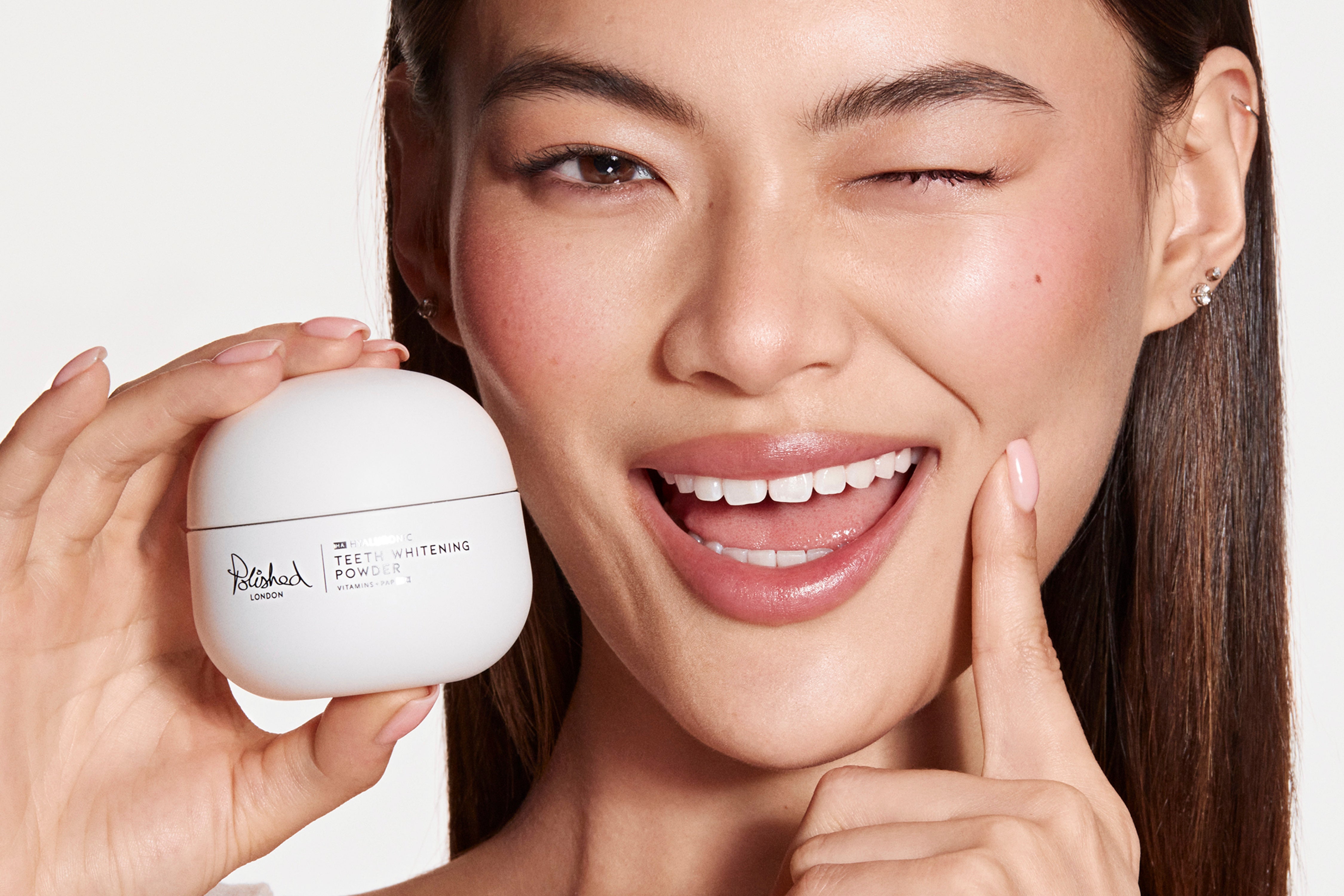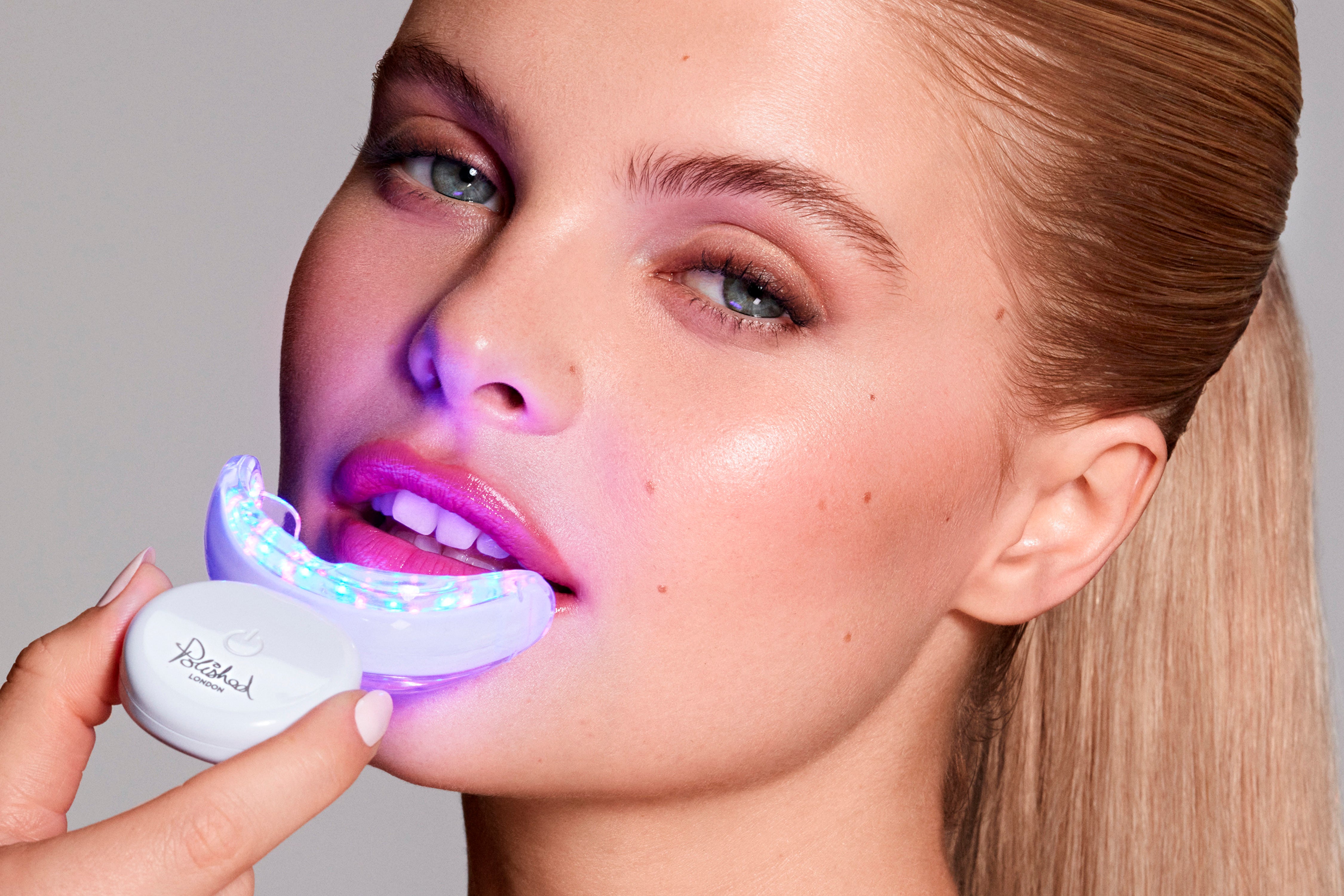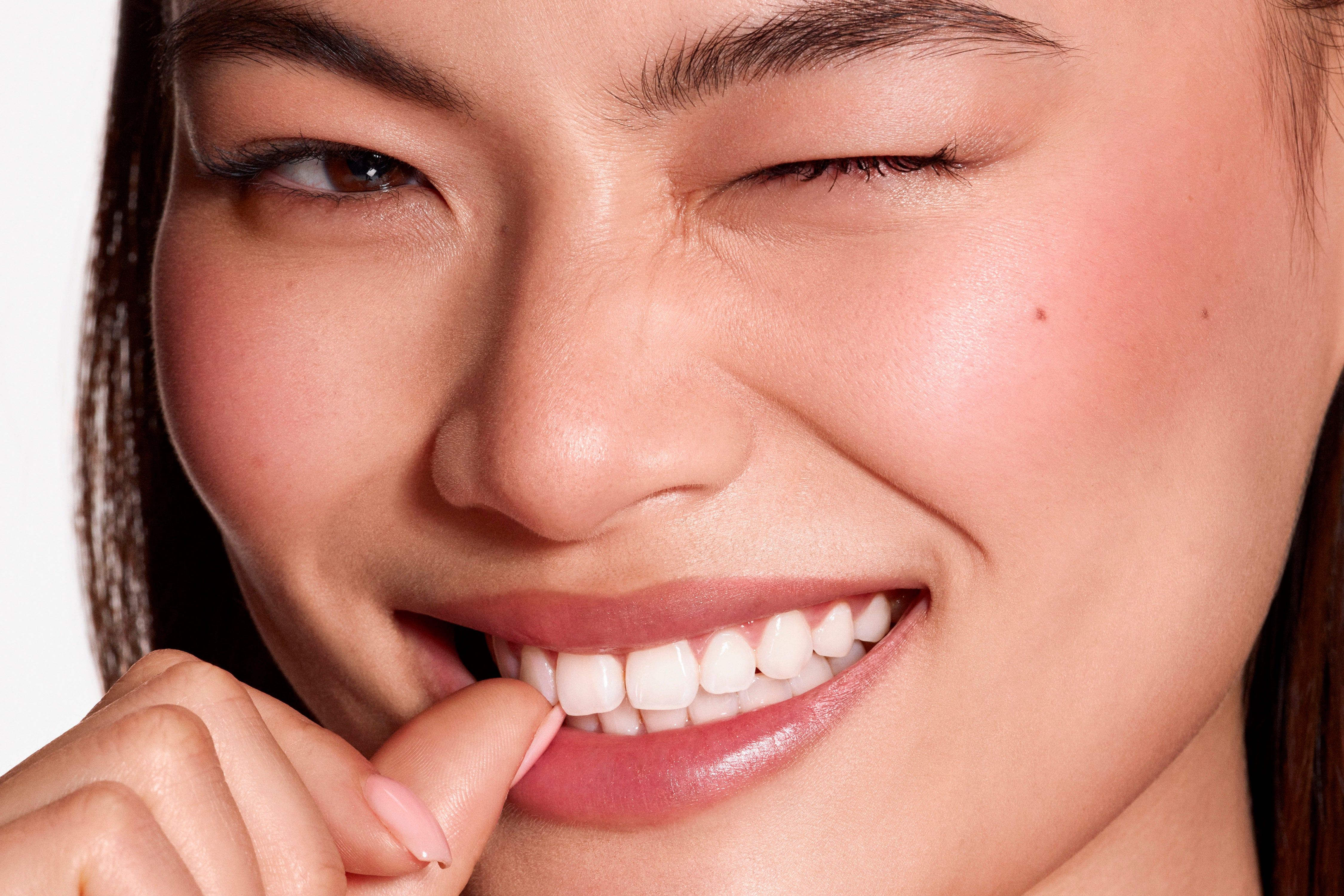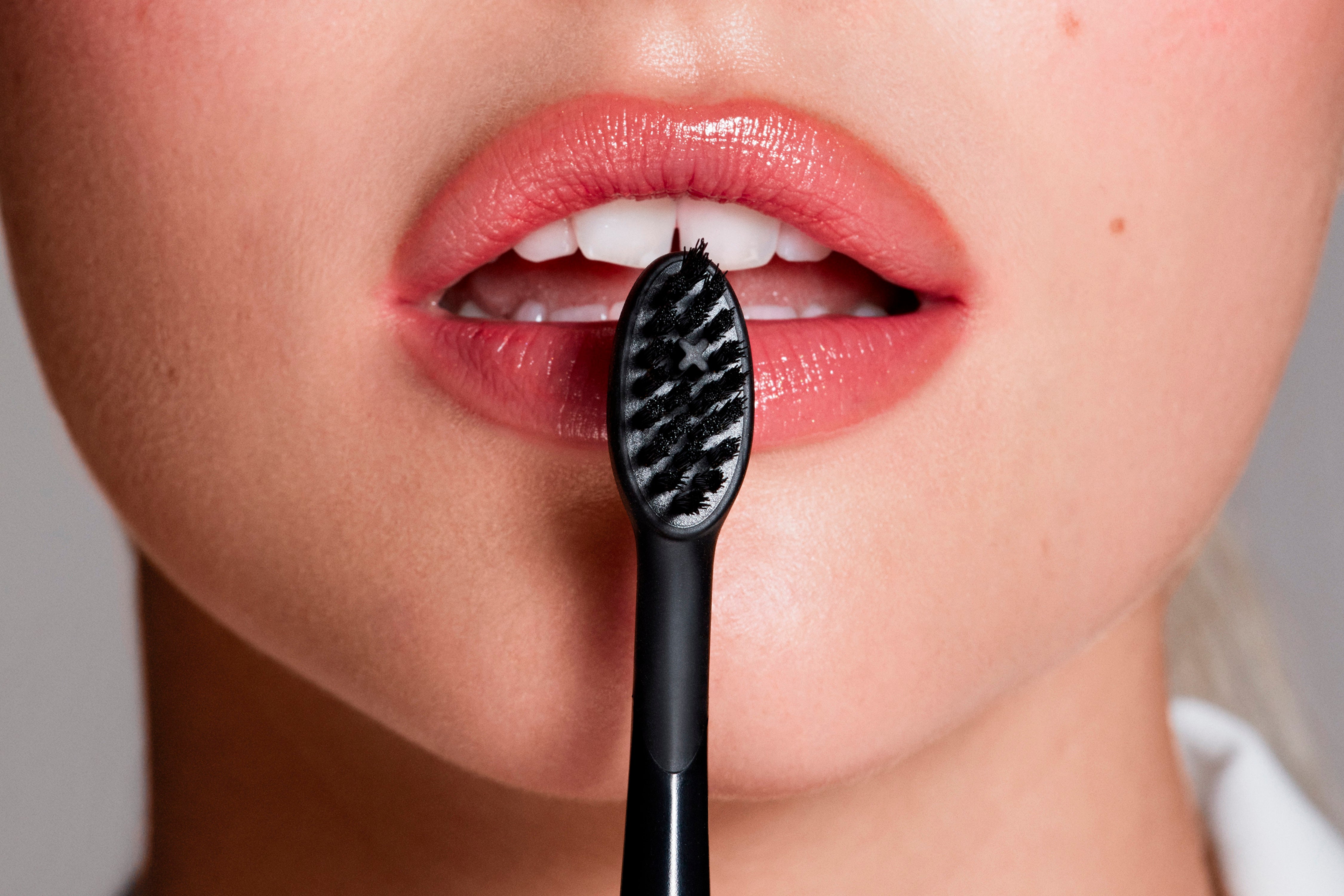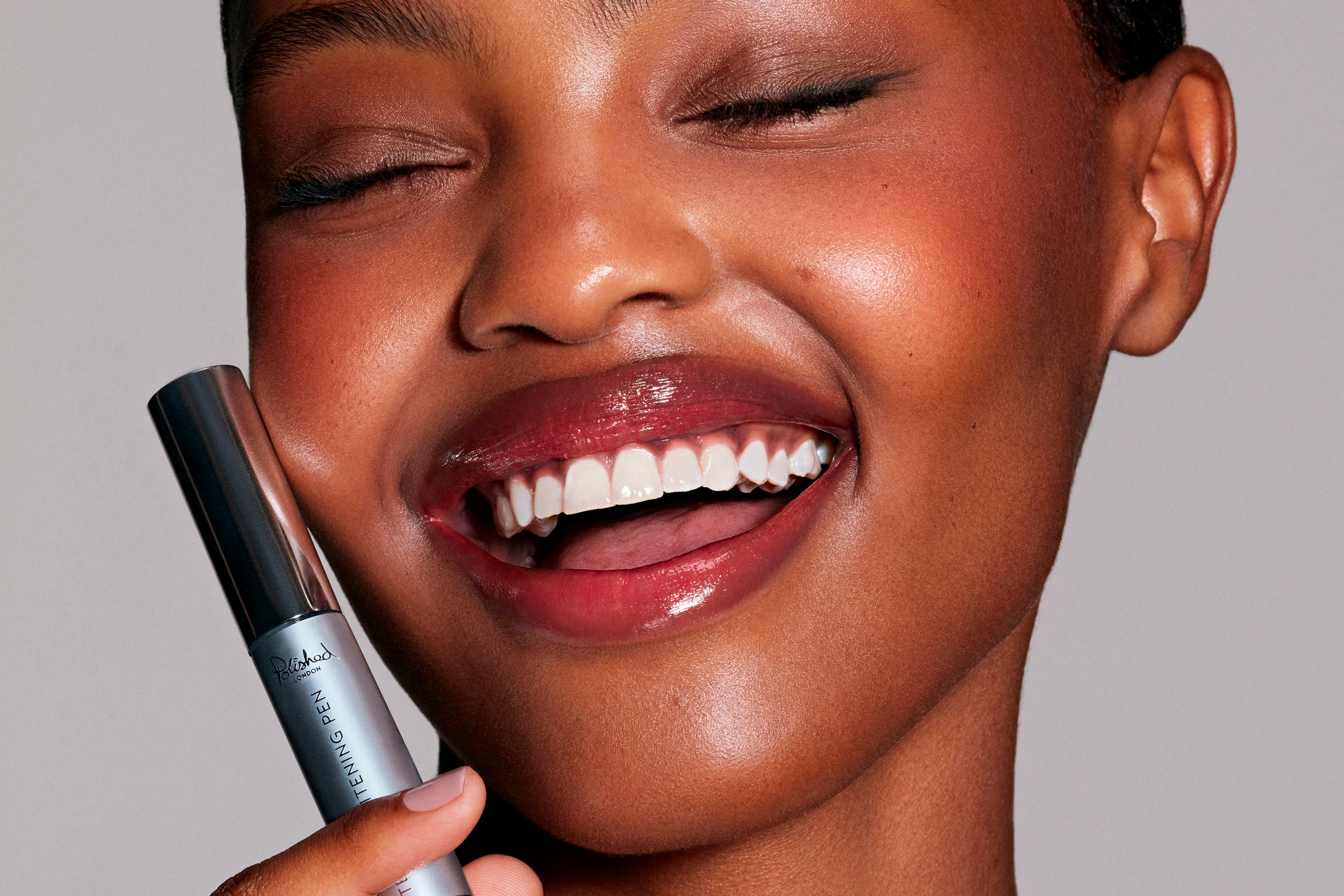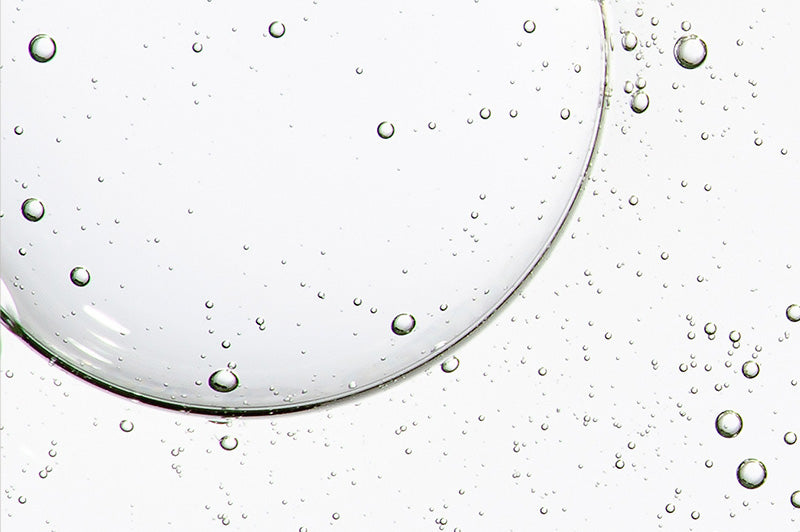How To Whiten Your Teeth Naturally - Exploring 6 Alternative Ways
Ditch the harsh chemicals! Explore natural ways to whiten your teeth at home. Discover new methods, benefits, & tips for a brighter, healthy smile
We all want a beautiful smile, bright, white smile, but it’s natural to worry about chemicals, sensitivity and side-effects. Just as we’ve seen rising interest in natural skin care and beauty, more and more people are looking for natural ways to enhance their smile. While at-home teeth-whitening is largely safe with minimal side effects, there may be easy, natural ways to help maintain your perfect, pearly smile.
Natural remedies may not give you the same results as professional procedures or at-home whitening kits, but when practiced safely, they may help to reduce stains and discolouration and maintain a bright smile in between whitening treatments.
As always, if you have any concerns about your oral health, you should consult with your dentist before beginning any treatments.
Exploring the natural teeth whitening methods
Brushing Your Teeth with Baking Soda
Baking soda is inexpensive, easily accessible, and a popular choice for natural teeth whitening. Baking soda is mildly abrasive, and often appears as an ingredient in commercial toothpastes, and can be effective at gently polishing teeth and lifting everyday stains and yellowing. Additionally, baking soda creates an alkaline environment, which can help prevent the growth of bacteria.
How often should I use baking soda for teeth whitening?
To try this method, mix 1 part baking soda with 2 parts water to create a paste. Use this paste to gently brush your teeth 2-3 times a week. Brushing with baking soda will not produce miracle results overnight, but with regular use over time, you should start to see a difference in your teeth.
Baking soda should not replace regular brushing with toothpaste. When brushing with baking soda, apply gentle pressure and be sure not to overbrush to avoid irritating your gums or wearing your enamel. If you experience any discomfort or side-effect, consult with your dentist.
Using Fruit Acids
Some reports suggest that certain fruits and fruit acids may help remove stains and yellowing. While studies have not yet proved this remedy to be effective, it’s quick, easy and natural, so why not give it a try?
While eating crunchy fruits like apples can help remove plaque and reduce staining, some reports suggest that other fruits can also help to keep teeth bright and white. Strawberries, for instance, contain malic acid, which is thought to remove discolouration, while the enzyme bromelain, found in pineapples, may be an effective whitening agent.
Other reports suggest that rubbing fruit peels, such as orange, lemon or banana peels, onto your teeth can help you achieve a brighter smile. These fruits contain citric acid, which is theorised to help whiten teeth. You can try this by rubbing fruit peel on your teeth for 1-2 minutes, followed by thorough brushing and rinsing.
While fruits are unlikely to damage your teeth, the science of fruit for teeth whitening is not determined. It’s important to note that an excessively acidic environment can wear and weaken your enamel. When consuming acid-rich foods, it’s recommended to rinse your mouth with water. Wait about 30 minutes to allow your enamel to settle before thoroughly brushing your teeth.
This method is not recommended for sensitive teeth. Sensitivity can indicate weakened enamel, so exposure to acidic foods may irritate or damage your teeth and gums.
Oil Pulling
It may sound strange, but anecdotal evidence says that oil pulling may help whiten teeth. Oil pulling is an ancient remedy that’s becoming increasingly popular, where oil is swished through the mouth, similar to mouthwash.
While many oils may be suggested for oil pulling, coconut oil, sunflower oil and olive oil are popular choices. Users typically swill a tablespoon of oil through the mouth and ‘pull’ it back and forth between the teeth for 5 to 20 minutes. It is believed the oil removes bacteria, freshens breath, and reduces discolouration and staining on your teeth.
Oil pulling is very low risk. You may experience some muscle soreness in your jaw from prolonged swishing. After oil pulling, it’s recommended to wait at least 30 minutes before brushing your teeth to allow your tooth enamel to settle. Do not swallow the oil! This may cause stomach upset and discomfort.
So does oil pulling whiten teeth?
While there have been studies researching the effect of oil pulling on bacteria growth, there have not bee reliable studies into the effect on teeth staining and potential whitening properties. Anecdotally, many users report freshened breath, a clean-feeling mouth, and reduced yellowing or discolouration.
Oil pulling is easy and affordable with virtually no side-effects, so it’s worth a try if you’re seeking natural teeth whitening remedies.
Using Natural Teeth Whitening Products
While many at-home whitening kits contain harsh bleaching chemicals that can harm your enamel and cause sensitivity, not all whitening kits are made equal.
Polished London uses a natural, peroxide-free formula to deliver impressive teeth-whitening results without the risk of enamel damage or painful tooth sensitivity. All Polished London whitening products are 100% vegan and cruelty free, so it’s a great choice for a more natural and environmentally conscious approach to teeth whitening.
For best results, we recommend the Teeth Whitening Kit, which uses a gel formula and LED light to deliver gentle yet effective whitening while protecting your gums and overall oral health. The Teeth Whitening Strips and Whitening Pen can also be used to maintain your whitening results in between treatments. When used as directed, Polished London can help you achieve a beautiful, bright smile with almost no risk to your teeth and gums.

Using Activated Charcoal
Activated charcoal is another popular choice for natural teeth whitening. Like baking soda, charcoal has mildly abrasive qualities, and can be found in many commercial toothpastes. Often used in filters to remove contaminants from air or water, activated charcoal is highly porous and thought to help reduce yellowing and discolouration.
So does it work? Studies suggest that while charcoal can help remove surface stains from your teeth, it cannot penetrate the enamel to lift or lighten deeper stains and discolouration. When overused, abrasive charcoal may damage your enamel, which can exacerbate discolouration, and may increase sensitivity and irritate your gums.
If you choose to try activated charcoal in your oral care regime, proceed with caution. It may help reduce surface stains in between professional cleaning or whitening, but should be used gently and should not replace your regular toothpaste. If you experience any discomfort, irritation or discolouration when using activated charcoal, immediately consult with your dentist.
Maintaining Good Oral Hygiene
The easiest way to maintain a brilliant white smile is to practice good oral hygiene. No teeth whitening method can make up for neglecting your oral health, so it’s important to establish good habits to keep teeth clean, white and healthy.
Good oral hygiene begins with regular brushing and daily flossing to help remove the bacteria and food particles that cause staining. A whitening toothpaste, when used correctly, can be a useful part of your routine. Schedule regular dental check-ups for professional cleaning to give your teeth their best chance at staying naturally white and healthy. Most dentists recommend a routine check-up every 6-12 months.
Benefits of Natural Teeth Whitening Methods:
While natural teeth whitening methods shouldn’t replace your regular oral health routine, they may be a good option to help keep teeth looking their best in between cleanings and/or whitening treatments. Many natural teeth whitening remedies are inexpensive. low risk and could help keep your smile sparkling and pearly white without the potential side-effects of peroxide-based whitening.
If oil pulling and fruit peels don’t give you the results you’re after, natural-based whitening kits like Polished London’s can be the next step on your journey to improved oral health, strong, white teeth, and the confidence of a brilliant, beautiful smile.
FAQs
Is natural teeth whitening safe for everyone?
While many natural whitening methods are extremely low risk, always exercise caution and immediately cease use if you experience irritation, discomfort or sensitivity. If you have pre-existing dental conditions or any concerns about your oral health, consult with your dentist.
How often should I use natural teeth whitening methods?
Most natural teeth whitening methods can be used 2-3 times a week in conjunction with your daily dental health routine.
Does coconut oil whiten your teeth?
Coconut oil is a popular choice for oil-pulling. Anecdotal evidence suggests there may be teeth whitening benefits to oil pulling, as it may reduce the build-up of bacteria and plaque that can cause teeth discolouration.
Can oil pulling replace brushing and flossing?
No. Oil pulling may have oral health benefits, but it should not replace regular brushing and flossing, or routine check ups and cleaning with your dentist.
Are natural whitening methods as effective as professional treatments?
While non-peroxide-based whitening kits can be as effective as peroxide-based treatments, natural methods such as charcoal, baking soda and fruit acids are unlikely to deliver the same results. They may be useful for maintaining your whitening results between treatments.
How long does it take to see results with natural whitening methods?
For most natural whitening methods, results will not be immediate. You can hope to see gradual improvement over time.
What if natural methods don't work for me?
While many have reported whitening benefits from natural methods, it is possible that alternative whitening treatments may not provide the results you are looking for. If so, it may be time to consider a non-peroxide-based whitening treatment, which delivers reliable results without the harsh bleaching of peroxide. The entire Polished London range is peroxide-free, so they’re gentler on your mouth and gums while still effectively whitening your teeth.
While the science is still out, anecdotal evidence suggests that many a natural, at-home treatments may help lift stains and keep your teeth bright and white. Many of these natural treatments, such as oil pulling and baking soda, are easily accessible, affordable and relatively low-risk, so are worth trying if you’re seeking whiter teeth for a more confident smile. However, it’s important to note that any improvement from these methods is likely to be gradual, and while they may help reduce surface staining, they can’t penetrate the enamel to lift stains at deeper levels.
Rather than relying on natural whitening methods alone to whiten your teeth, we recommend a more holistic approach to your oral health. Natural whitening options may be one part of your routine, along with regular brushing and flossing, dental check-ups, and reliable teeth-whitening products from the Polished London range.
Browse the Polished London range and shop online now, or find Polished London in Priceline Pharmacies Australia-wide.
Blog posts
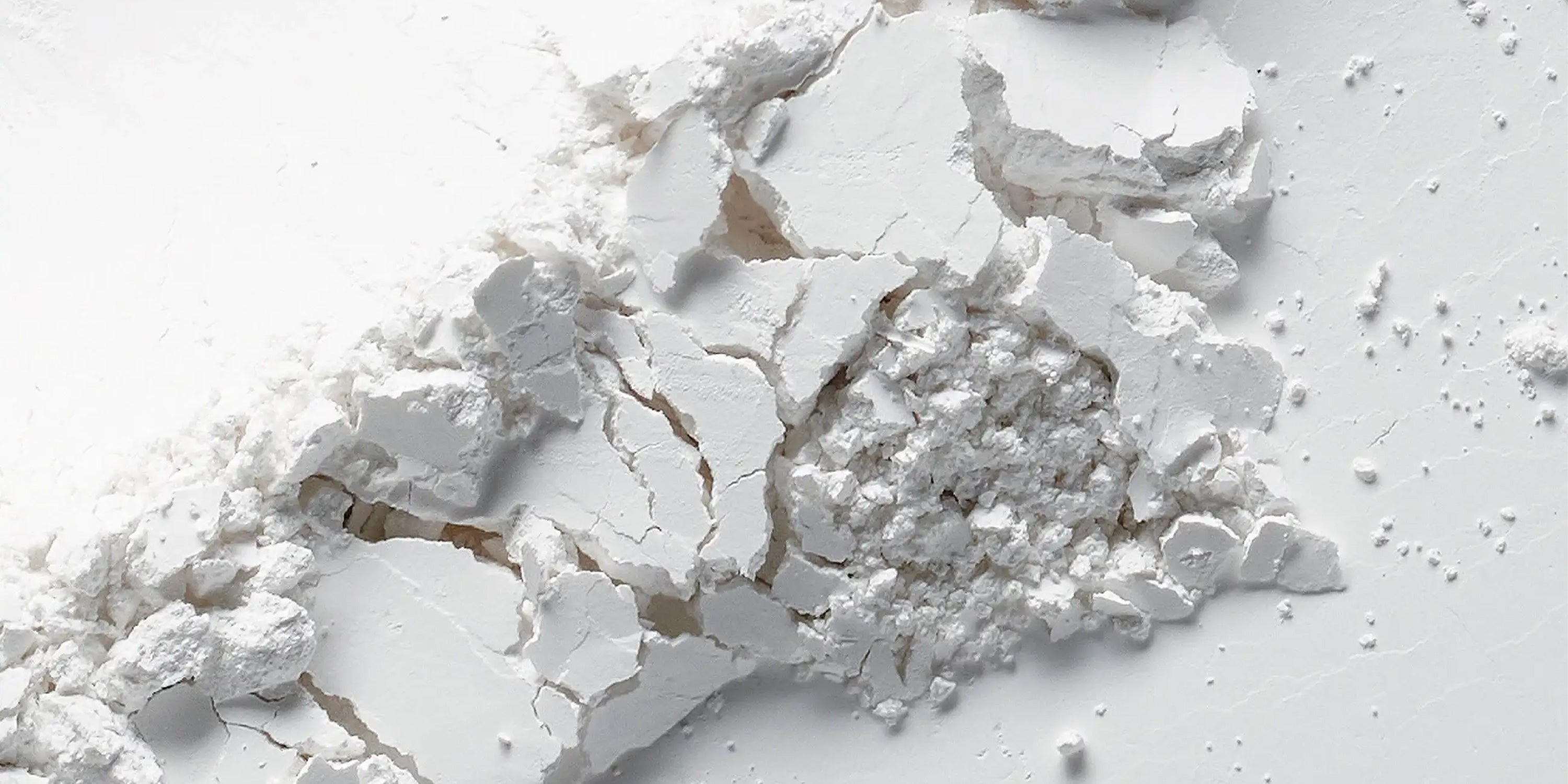
Why Oral Care is the New Skincare
Skincare has always set the standard for beauty routines, hydration, glow, and protection. Now, the same innovation is redefining oral care. Welcome to your SmileCare era: where whitening meets...
Read more
Teeth whitening at home - Professional tips from the experts
Achieving a radiant smile doesn't require a trip to the dentist. With the right approach and tools, you can effectively whiten your teeth at home safely and without sensitivity. In this guide, we'l...
Read more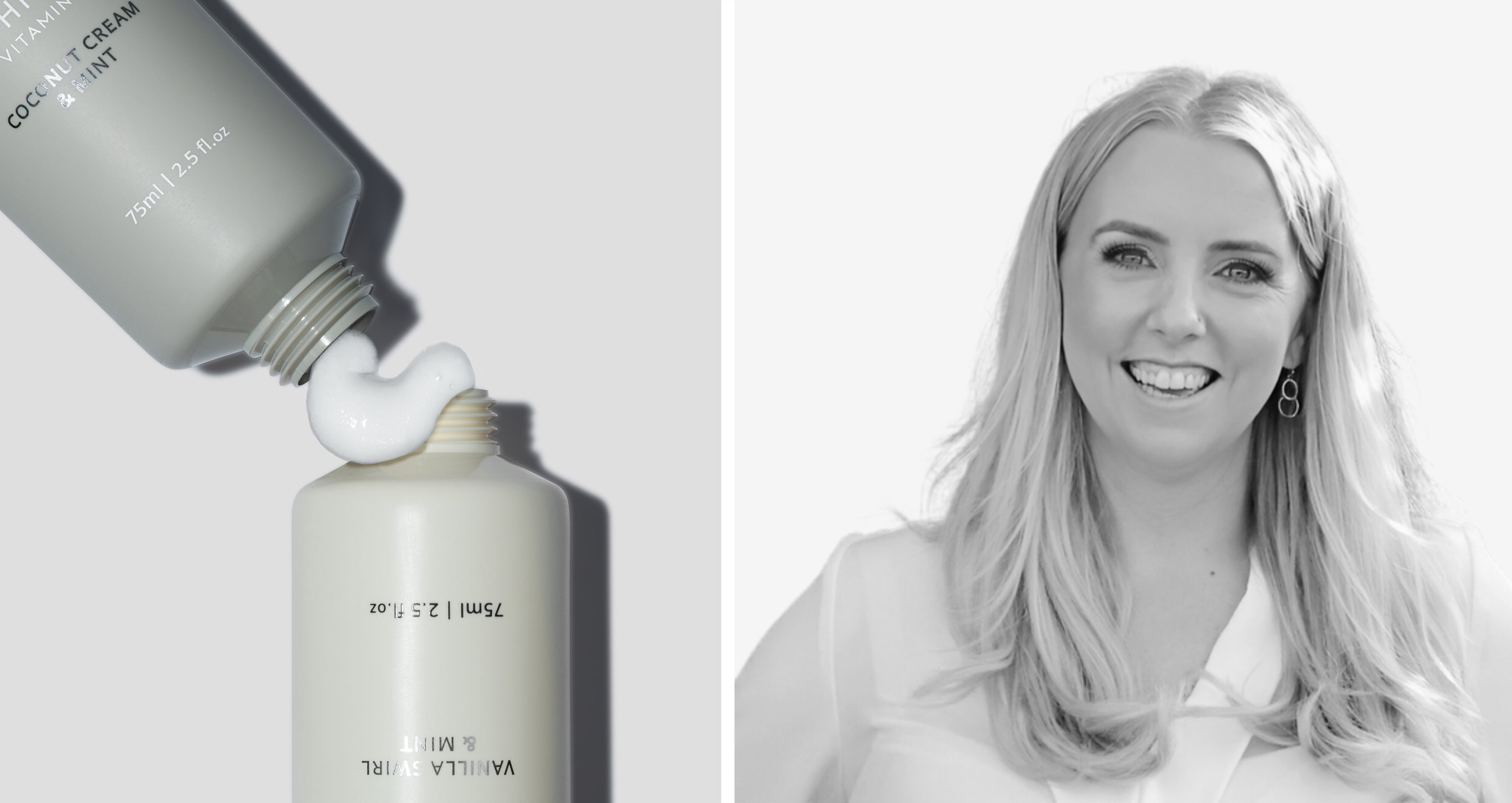
How to nurture your microbiome: A gut health expert’s top tips.
Frankie Jones, Gut Health, Detox and Wellness Specialist has been supporting her clients to thrive in health and energy for over 20 years and she’s sharing some invaluable information to help you o...
Read more
